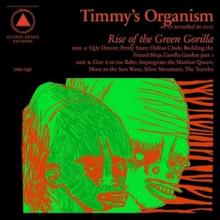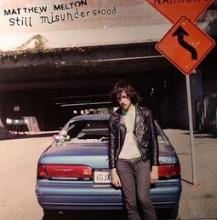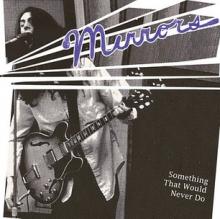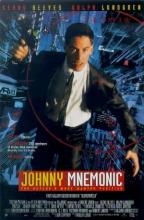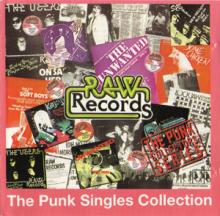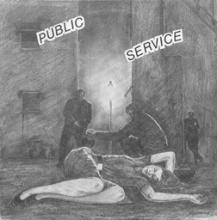Notekillers and Thurston Moore's love of "The Zipper"
Yeah, No Wave has more resonance among folks who fancy themselves well versed in the historical aspects of American rock and punk stuffs. Much as today, back in the seventies when everyone realized pressing a record wasn’t as difficult as people might lead you to believe, a bevy of low rent ensembles went on sprees, spouting off after months if not years in assorted basements. The result, after punk opened up ears like old perverts do to recently graduated high schoolers, was spewing forth in a run of now forgotten one off singles.
Notekillers, as recalled by Moore in just about any mention of the Philly based band, issued only two songs during its initial run as a single – “The Zipper” b/w “Clock Wise.” It’s the first song lending an air of aristocracy to Notekillers. Supposedly, after picking up a copy of the jam at some local NY vinyl repository, Moore exposed the then nascent Sonic Youth crew to some of the sublime riffing.
In hearing Notekillers at this late date and imagining what it could have meant to those BoHos back then, there’s no difficulty in guessing at the extraordinary pleasure wrenched from the four minutes of “The Zipper.” Granted, the group sounds like a distant cousin of either Rhys Chatham or Glenn Branca – maybe the former more so than the latter. But sputtered guitar notes ringing out against the endless crashing of drums and a consistently descending bass figure make for a stunning debut. But seeing as Notekillers hailed from just west of New Yawk, the band’s relative anonymity isn’t too surprising.
In cobbling together Notekillers (1977-1981) from various live dates and some long forgotten proper recordings, Moore has worked to make the band another piece of No Wave’s history. The disc, not unsurisingly, doesn’t sport too many efforts matching the intensity found on “The Zipper.” “Roll Over Stockhausen” comes close in name, but the three choppy minutes of “Run Don’t Stop” probably works best to distill the band’s legacy beyond its best known track.
Listeners might be able to easily whistle the melodic portion of the song, but what’s most entrancing about the whole thing is the lack of proper rhythmic variation which results in something not quite unique, but engaging.
Notekillers aren’t going to wind up pulling as much weight as the Contortions, but still seem a relatively palatable piece of the No Wave pie.

